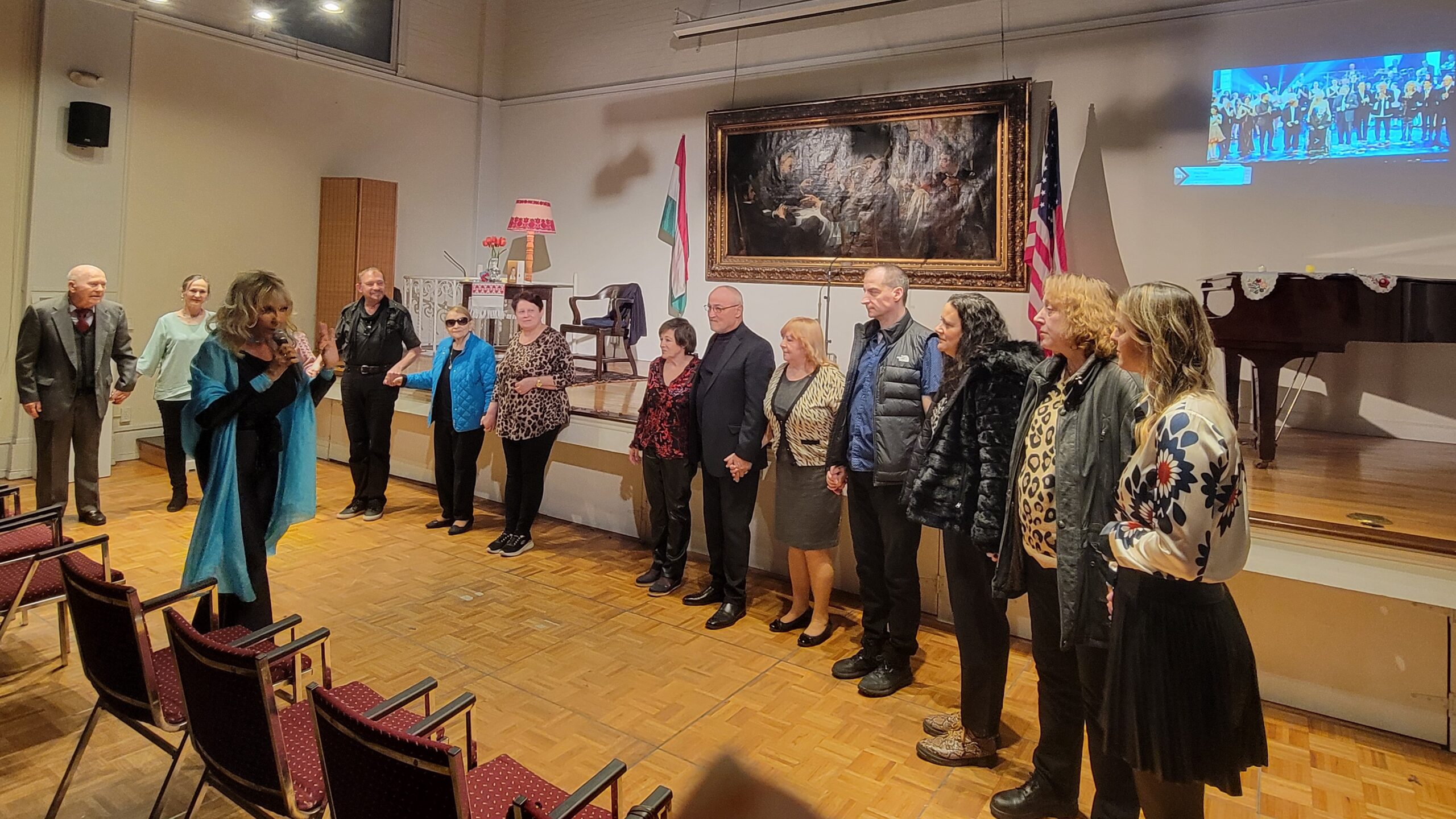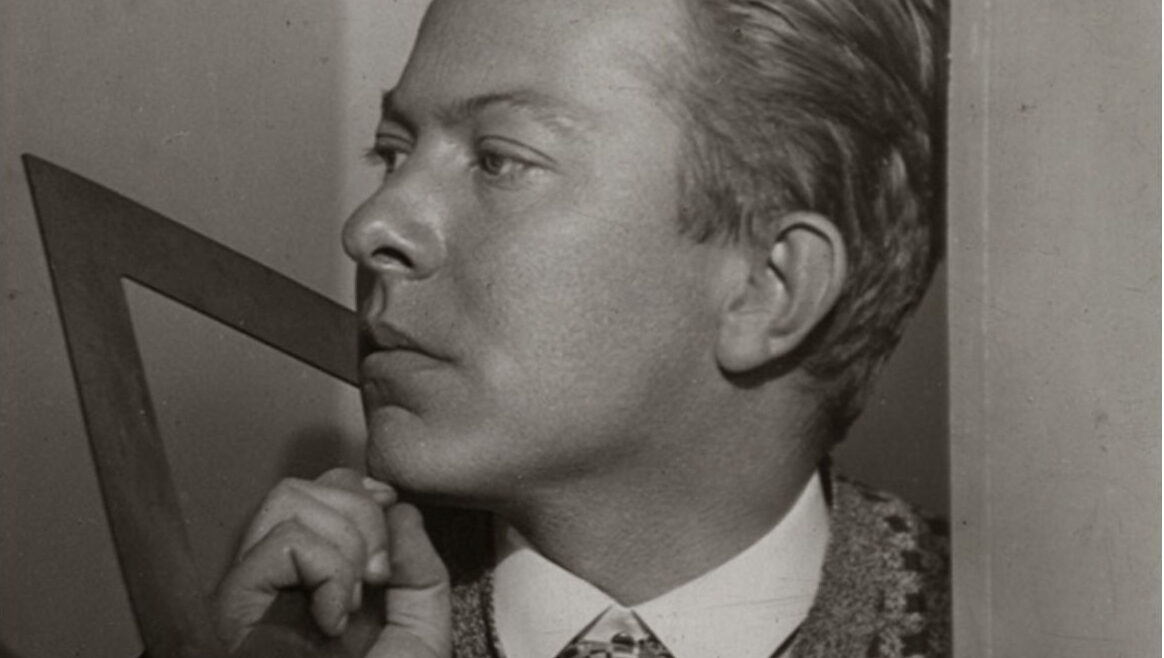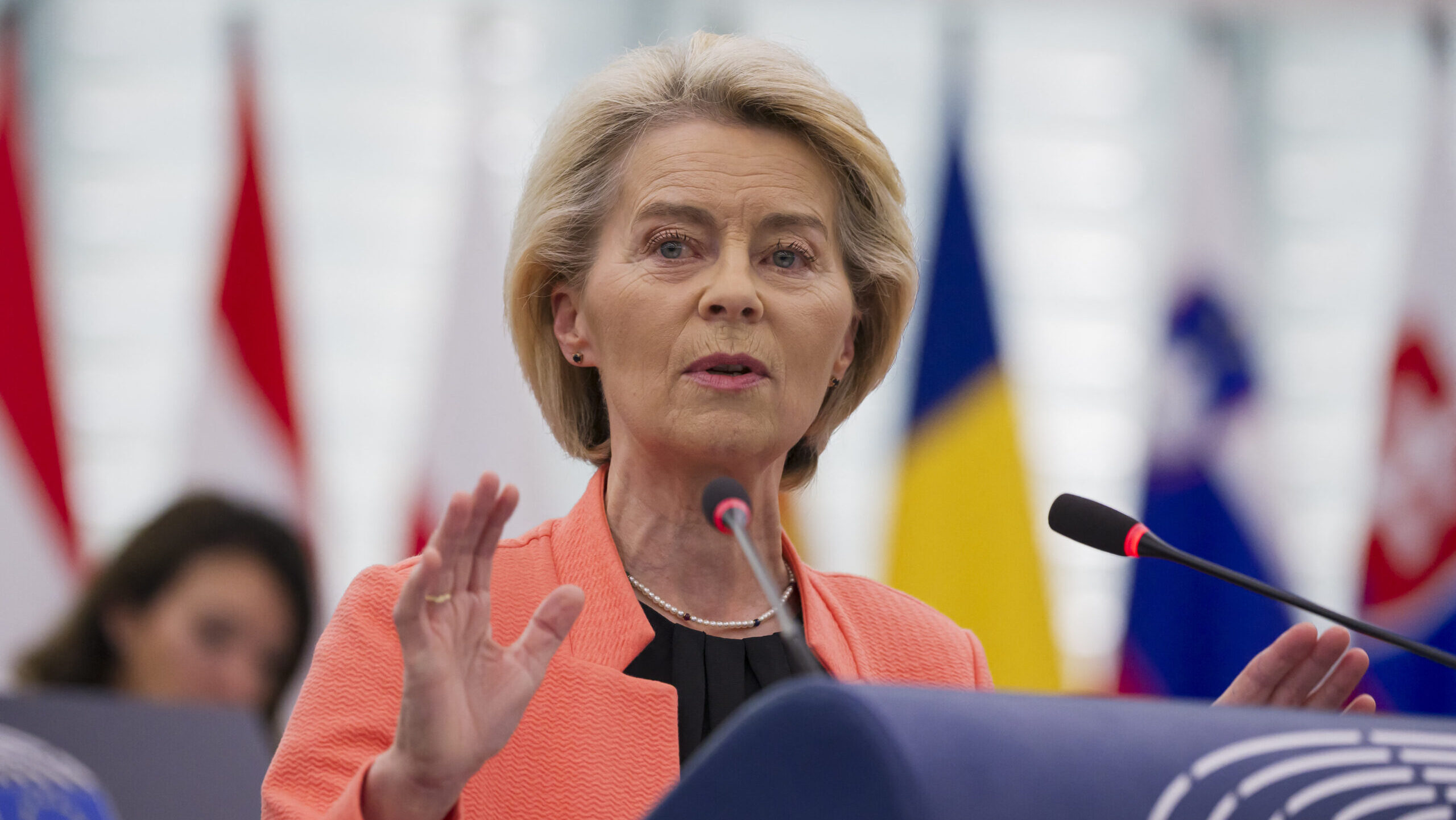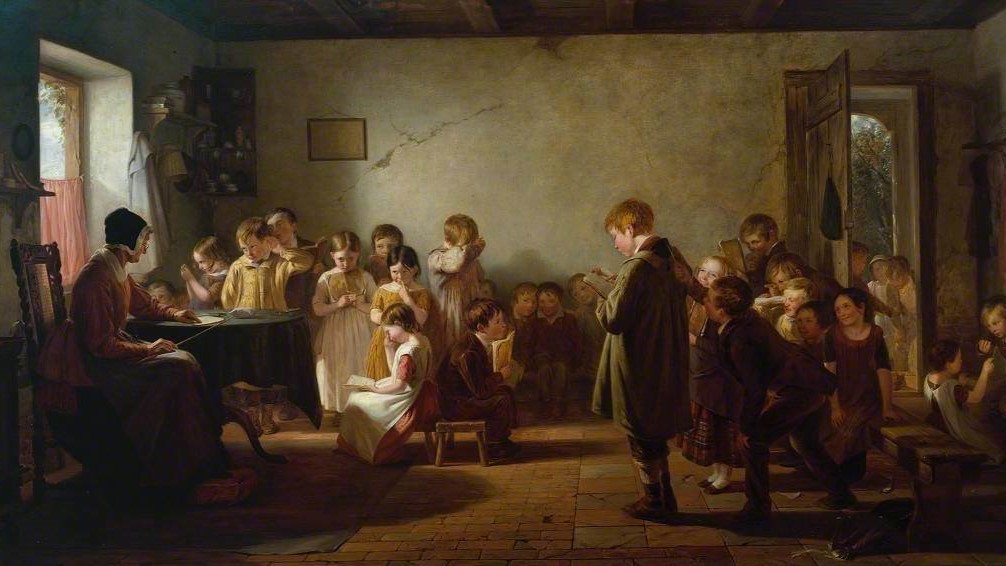
‘We should offer more of ourselves’ — A Conversation with Bea Polyák
‘It’s a place that can be filled with life and possibility. I’d like the Hungarian House to welcome even those who may have visited before, but didn’t feel it was for them. I don’t just want to celebrate Hungarian heritage in America; I want to somewhat shape its present and future.’









